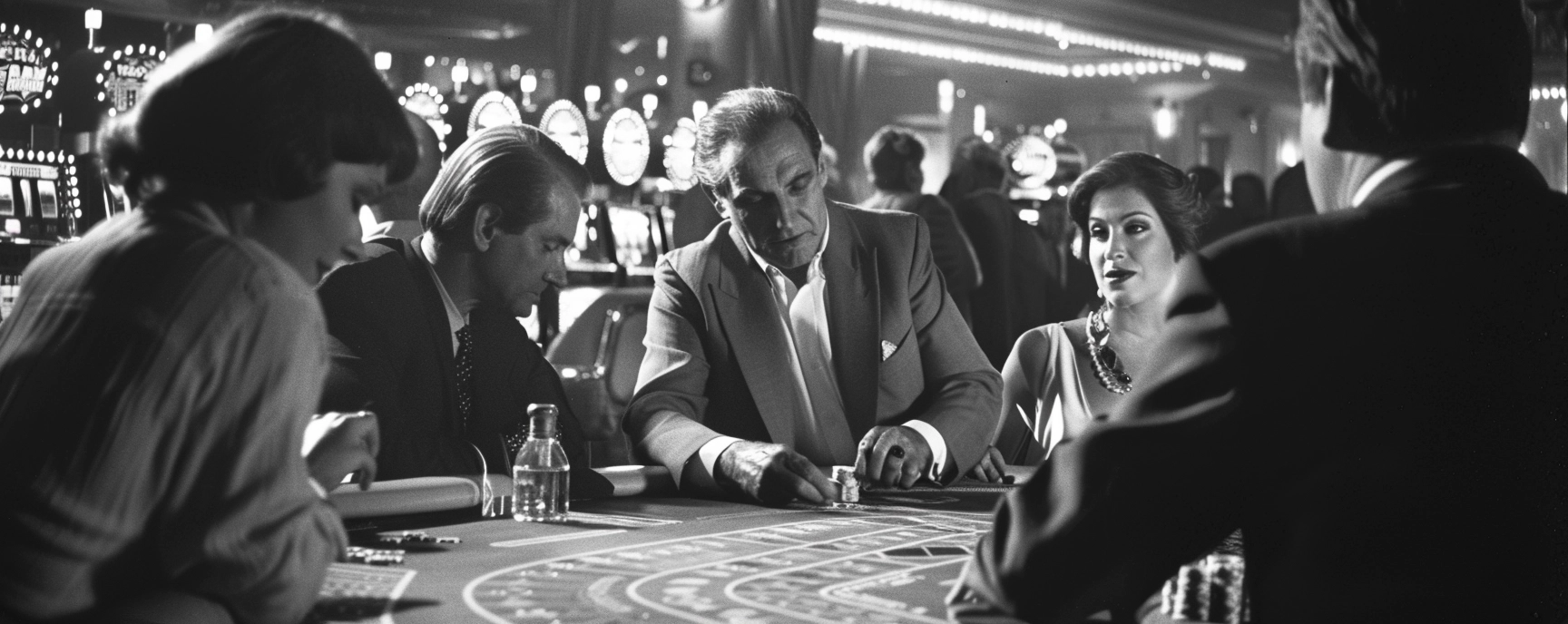Pennsylvania online casinos: how to choose the best one
Without a doubt, Pennsylvania has scored big in the iGaming arena, and it is only the 4th state in the US to legalize online gambling in October of 2017. Players would also readily agree that the best casinos in PA are the ones that have a wide variety of games, excellent payment methods, optimal security, and, let’s not forget - offer a diverse set of bonuses. Another qualification of an outstanding PA casino online would be to allow gamblers to gamble for real money using their devices, such as computers and smartphones. We've assembled a thorough list of all PA online casinos for your convenience.

Truth be told, Pennsylvania’s online casinos and casino games aren’t that different from neighboring states like New Jersey or other regulated states like Michigan or Delaware. But one express thing that makes them different is the sheer number of bonuses you can expect as a player. What’s more exciting is that you have a whopping 21 online casinos to choose from - it comes down to personal preference, in most cases.
So - are you older than 21 and looking for the best casinos in PA that can protect your identity and keep your money safe? Look no further - this is the best page where you can find trusted information concerning Pennsylvania online casinos, casinos near Pennsylvania, playing inPennsylvania, and many more. There’s nothing further to do than to dive in and find out what makes playing in PA’s online casinos truly unforgettable.














